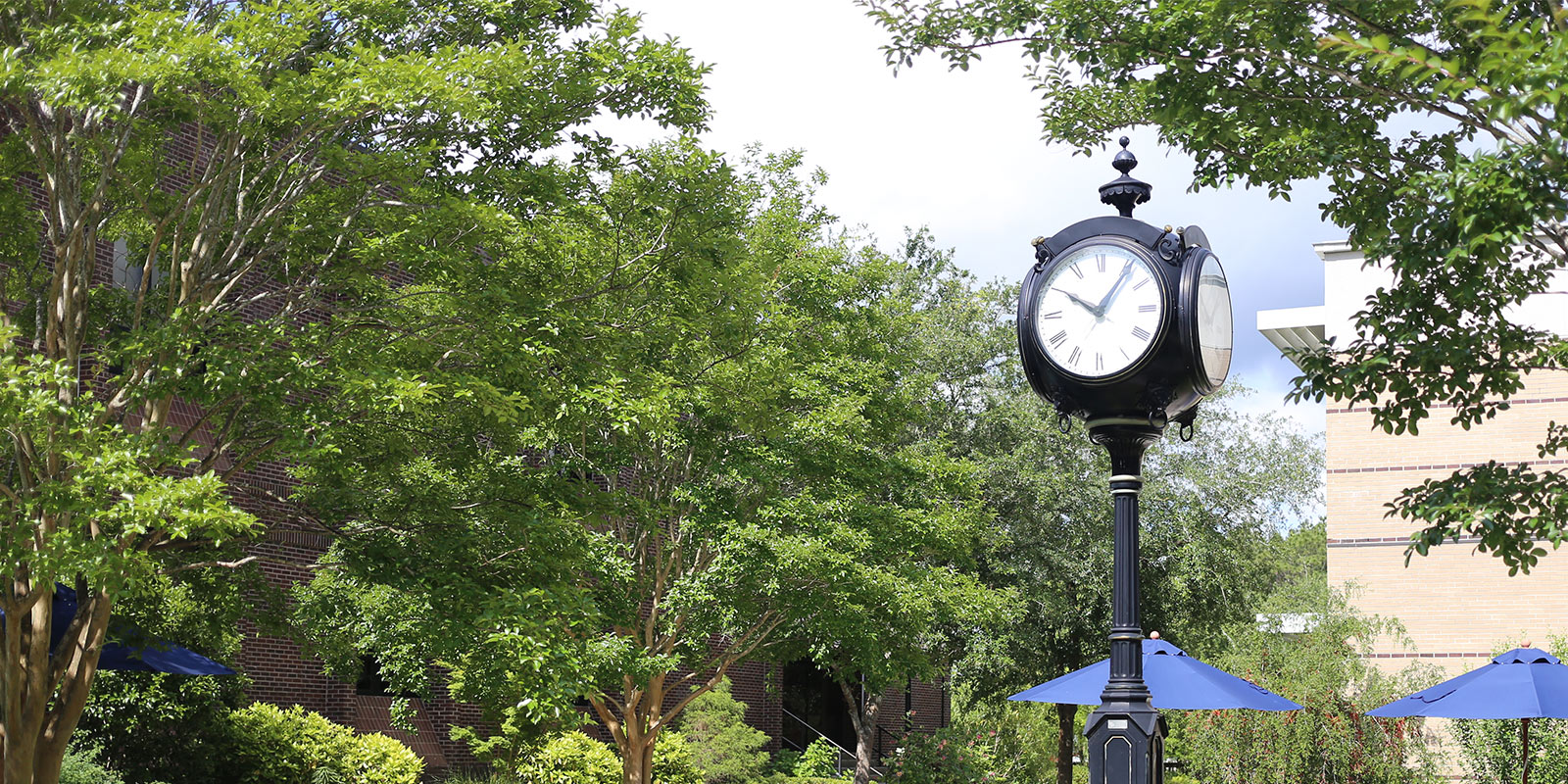Aquaculture
Lecture: 3 Lab: 0 Clinic: 0 Work: 0 Credits: 3
Aquaculture
Lecture: 2 Lab: 3 Clinic: 0 Work: 0 Credits: 3
Aquaculture
Lecture: 3 Lab: 0 Clinic: 0 Work: 0 Credits: 3
Aquaculture
Lecture: 3 Lab: 0 Clinic: 0 Work: 0 Credits: 3
Aquaculture
Lecture: 3 Lab: 0 Clinic: 0 Work: 0 Credits: 3
Aquaculture
Lecture: 3 Lab: 0 Clinic: 0 Work: 0 Credits: 3
Aquaculture
Lecture: 2 Lab: 3 Clinic: 0 Work: 0 Credits: 2
Aquaculture
Lecture: 2 Lab: 3 Clinic: 0 Work: 0 Credits: 3


